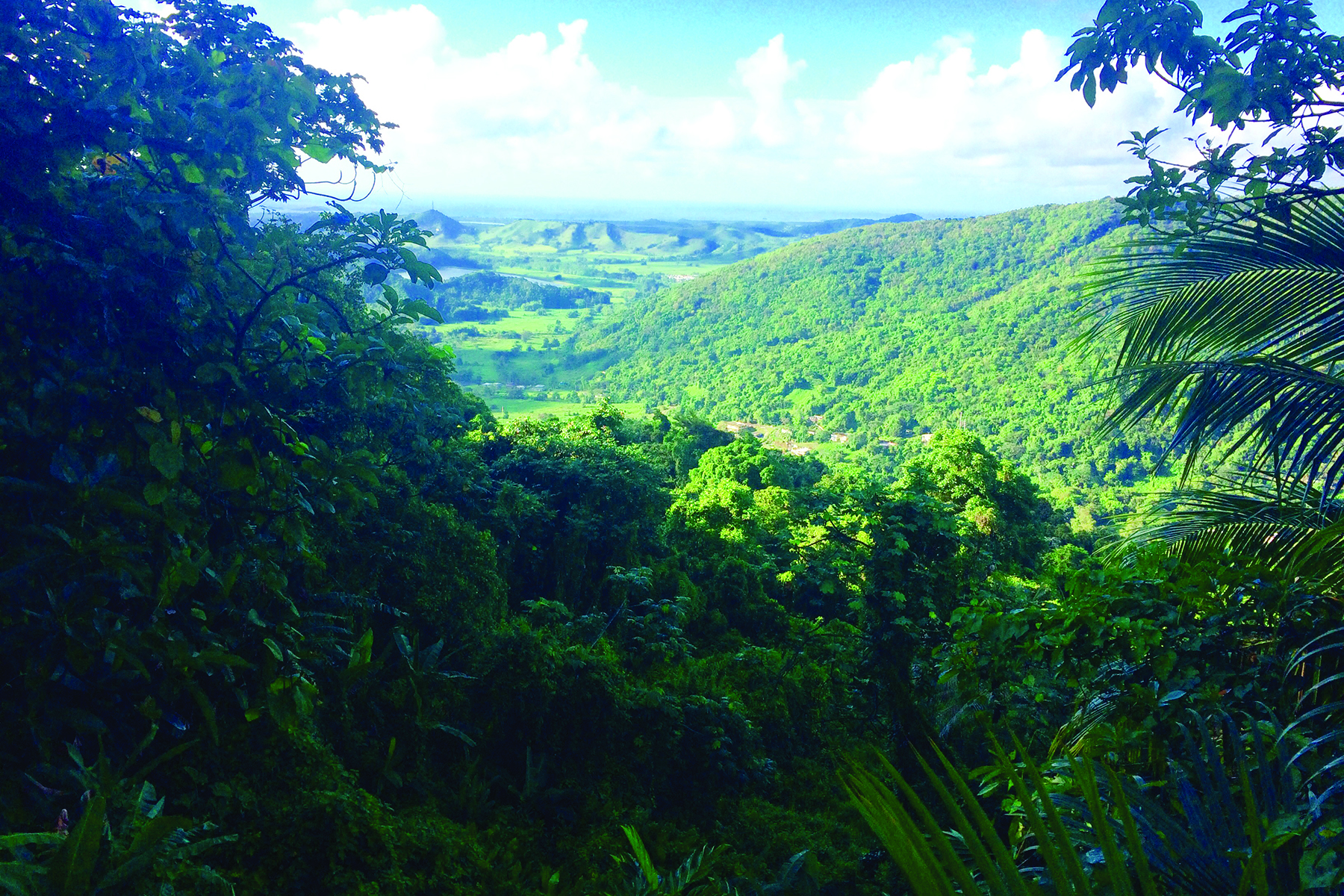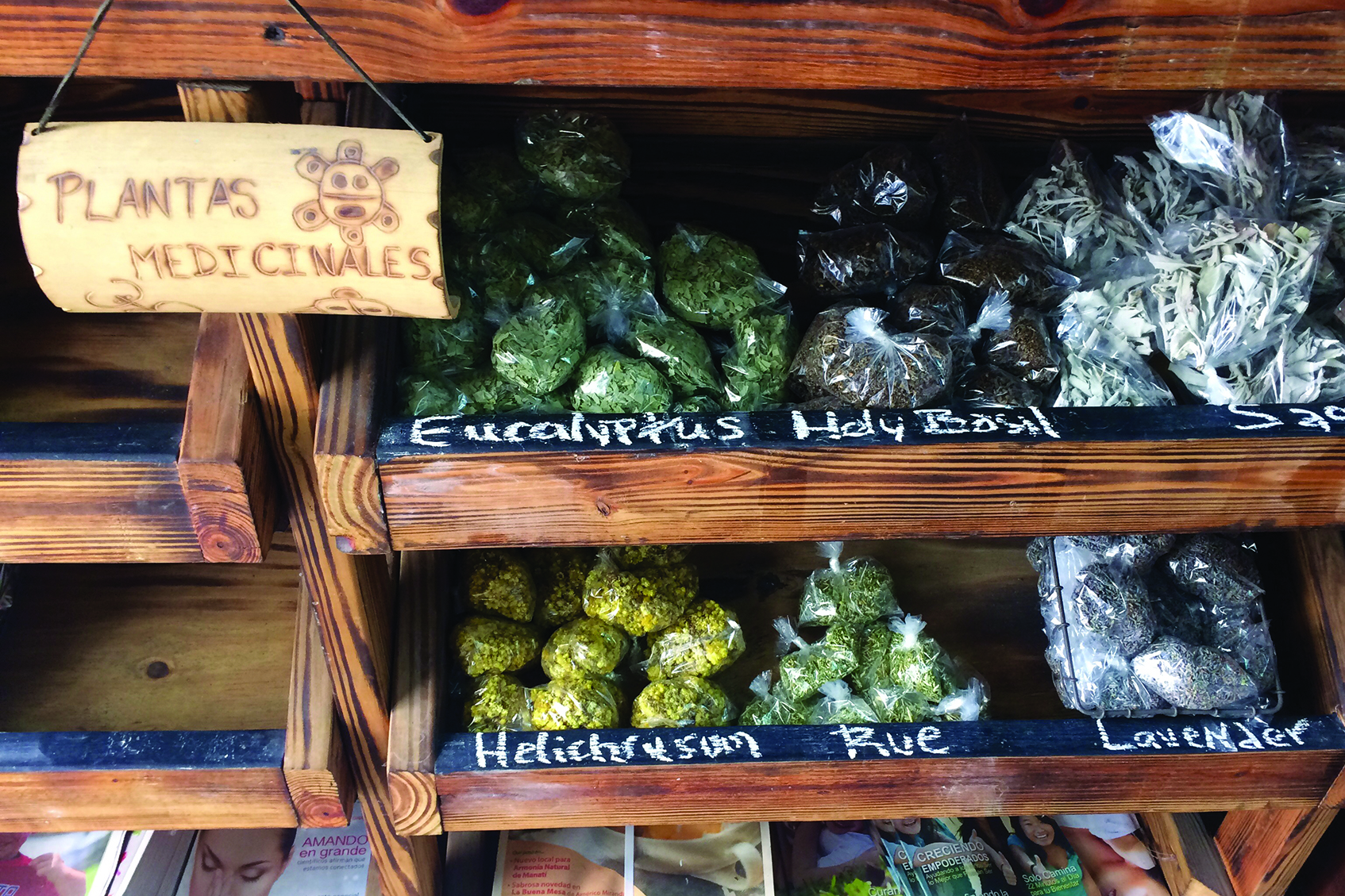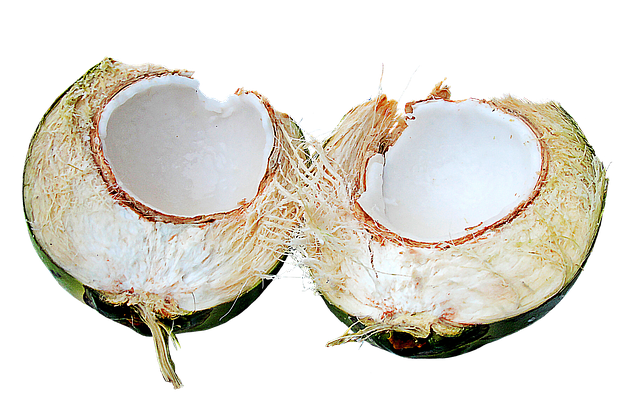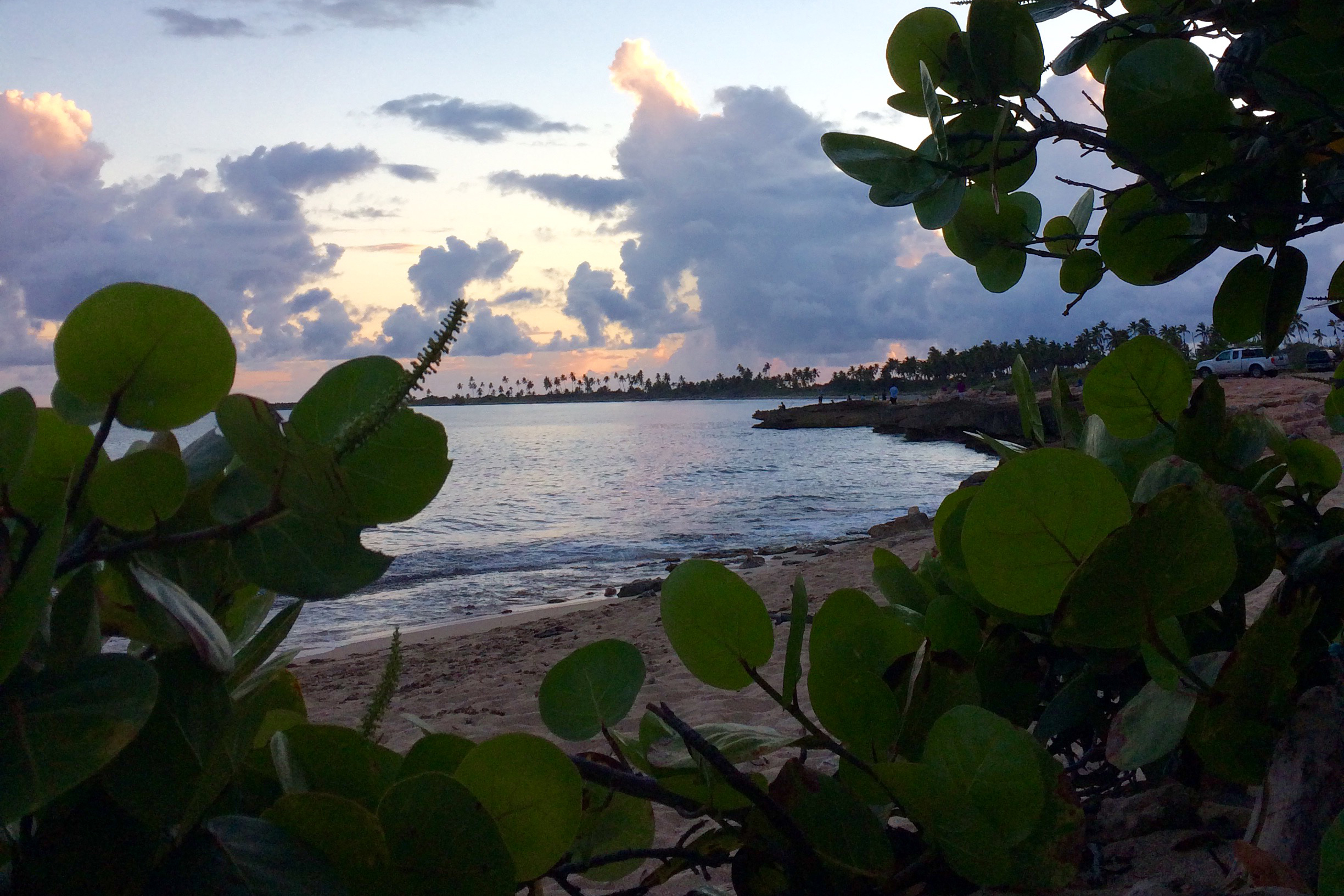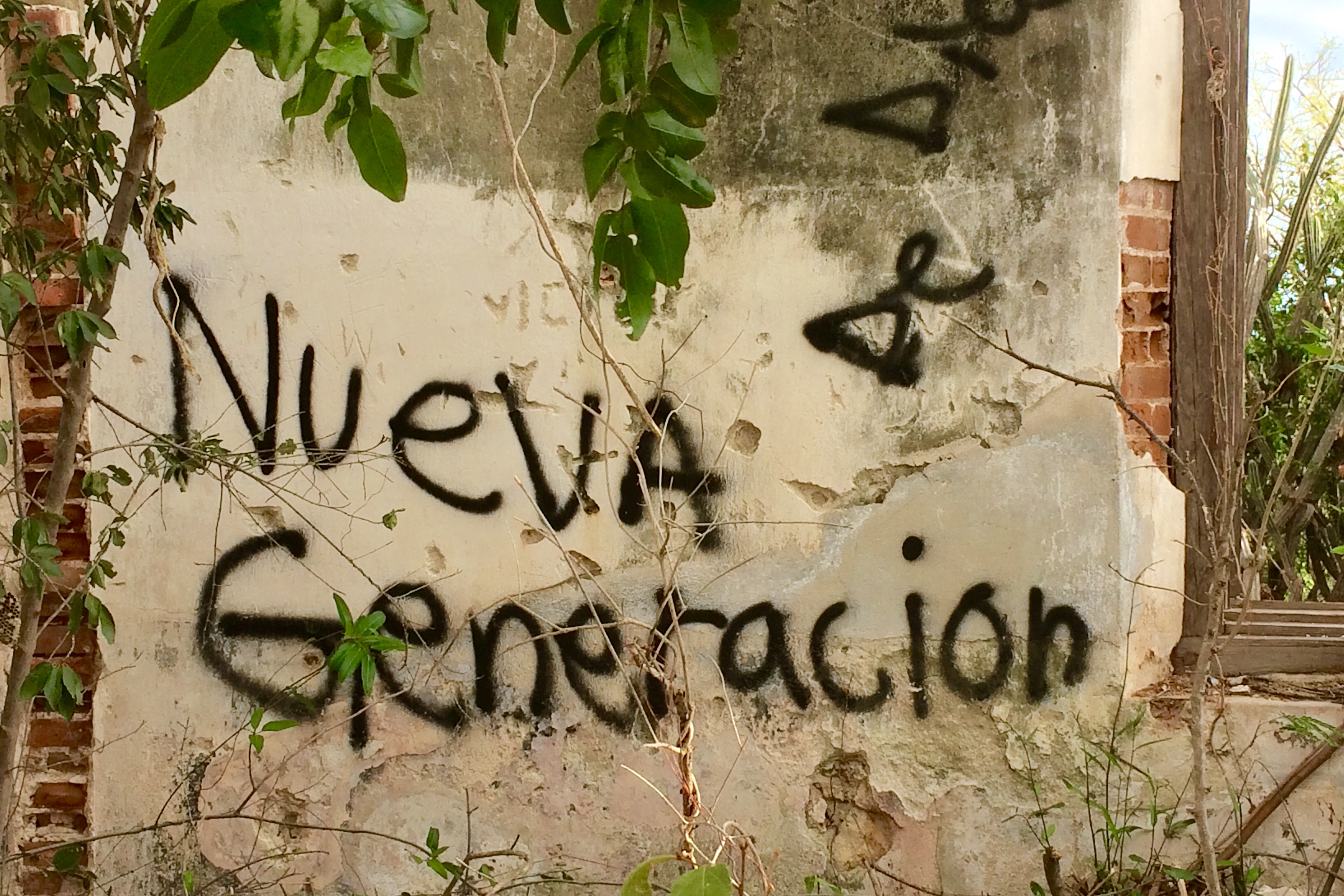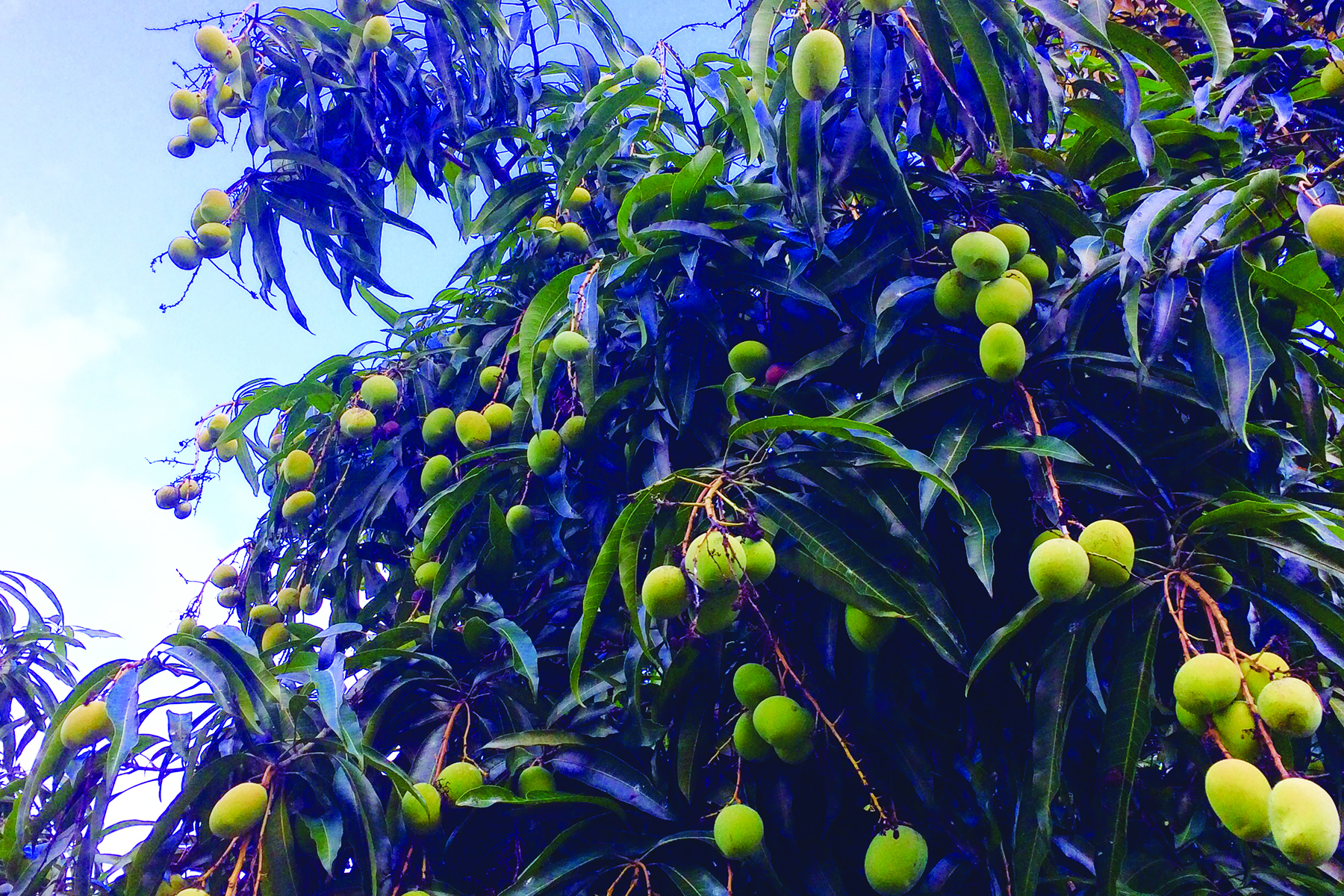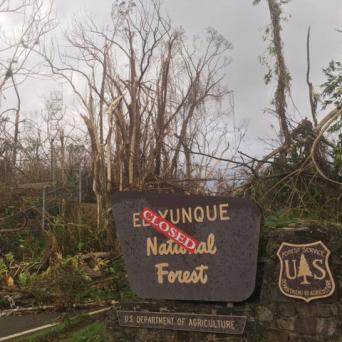
After the Storms, Working Toward 'Buen Provecho' for Puerto Rico

Learn more about the Land & Heart Project to benefit Puerto Rico, enjoy herbal brews and dish food justice!
Sunday, Dec. 17, 3-5 p.m., Weavers Way Mercantile, 542 Carpenter Lane.
- Donate: LandHeartProject.org
- Volunteer: LandHeartProject@gmail.com or 267-694-2136.
It was icy Across the Way when I got the news in February 2016: My little family was relocating to Puerto Rico, to live among a group of family friends. Within a year, we were healing in the sun, setting up a modest home with rain barrels and easy graywater redirection, planning our off-grid wish list.
The country that welcomed us was even more than the eco-village I hoped would illuminate Mom’s retirement. Here was community, nature, a human pace, cooking each day and green everywhere. Besides being immediately in love, I knew that sustainable agriculture and cooperative economics would be the center of my future on the island. Natural living is intrinsic to Puerto Rican culture. Farm stands, natural-health shops and complementary-medicine centers abound. But the grocery stores were full of produce wrapped in plastic. Eggs for sale in Yauco had been shipped from Lancaster. Entire refrigerator cases were devoted to margarine. Meanwhile, most coconuts consumed by Americans are coming from Asia. Organic growing is the default at the farm markets I visited and in the yards of neighbors, but the most accessible supplier of other organic goods is the local Walmart. More than 80 percent of food on the island was imported. We made a point to travel to any real food outlets on the island. They were vibrant and valiant and full of the spirit of good eating — buen provencho, the “bon appetit’ of Puerto Rico — but they were also struggling.
Puerto Rico is a microcosm of relative exploitation in modernity: colonization + tourism + industrial food + a history of sugar-cane mono-cropping = a poor outcome, most definitely at the expense of the land and people. I came up with a five-year plan: Meet the farmers, become fluent in Spanish, increase eco-tourism and reach out to international cooperative organizations to bring the power of co-ops to the island. I came home to Philadelphia last spring to launch my naturals education business, Owl School Philly.
It was clear and crisp at 555 Carpenter when Hurricane Maria hit Puerto Rico in September. The next days brought shock and heartbreak. Crops and jungle canopy — gone. Farms destroyed, clean water at a premium, people in danger. My family was fortunate: The “Bosque Seco” (dry forest) of the Southwest is well suited for storm safety, and flooding was manageable. Municipal water was running within days. Our home and our friends’ homes were not badly damaged. With frugal use of propane, and a lot of beeswax candles, the tribe is getting by. This is not the case for most of the eastern and central mountainous regions, where rain, landslides, debris, disease and lack of power, plus politics, continue to generate chaos.
The five-year plan became the three-month plan, and the Land & Heart Project was born. Social media made connections across the country possible quickly. As Puerto Rican farmers worked tirelessly to clear rural roads, supply food and procure seeds, we agriculture activists in the States spent our days and nights forming a coalition. Within weeks, we found one another and dug in.
Locally we are thrilled to partner with Teens Inc. Philly, a nonprofit focused on service learning through travel. Land & Heart and Teens Inc. will develop out-of-the-box educational programming in sustainability, culture and business skills for young people and the young-at-heart. We envision a cooperative education/exchange program, closer to home than those in Central America, with grants to make the program accessible to all. Contributions to the Land & Heart Project will help fund a scholarship program for Teens Inc. participants, who will join us in Puerto Rico this winter.
Florida-based Restoration Orchard helms our permaculture team, drawing up plans for systems, education and growth through learning centers in years to come.
Together we will sponsor teams of student builders and experienced permaculturists to join the Puerto Rico Resilience Fund’s La Solidaria farms tour, starting in January. The Resilience Fund developed as a response to Hurricane Maria’s devastation of small farms and food cooperatives. La Solidaria is headed by cooperative agriculture activist/restaurador-turned-leader/spokesperson, Tara Rodriguez-Besosa, who intends to carry restoration workers to “200 farms in 20 months.”
This tour will bring immediate water and food relief to farms across the island and create connections for expanding permaculture education centers and food forests in the years to come. For this future effort, the Land & Heart Project has found an ally in the Association for Regenerative Culture, an Indiana nonprofit that sponsors permaculture educational and demonstration projects around the United States.
A most crucial point is that these initiatives be led and directed by people who know their island. Our mission is support and development. To this end, we have connected with an expanding network of other nonprofit, community, agricultural and academic organizations across the United States who can create innovative systems based on the needs of those to whom Puerto Rico belongs. Our ultimate goal is a cooperative bridging the island and the States for all committed to restoration agriculture and a sustainable future!
Supplies being transported to the island without further burdening limited resources include water filtration systems, solar oven kits, portable solar chargers, nonperishable food, communications and camping gear, translation tools and an herbal apothecary. The Land & Heart Project is fundraising and conducting drives for seeds, tools and medicinal herbs. Shipping and ground transportation are necessary. La Solidaria is working toward a fleet of vans outfitted with camp kitchens and farm gear.
Weavers Way, your cooperative-business school is reaching into the world! Our remarkable co-op is where I learned the power and grit of collectively choosing how to run a successful enterprise. That we can achieve significant growth in sustainable farming, food justice and environmental integrity is, quite simply, the basis of restoring the world. Growing our coalition with community support is a rewarding act of abundance that ripples near and far. Who knows? Perhaps someday you can join us on the farm!
For more information, visit:
- TeensIncPhilly.org
- Departamento de la Comida: www.facebook.com/departamentodelacomida
- Puerto Rico Resilience Fund: www.americasforconservation.org/lasolidaria
- FondodeResilienciaPuertoRico.org
- ARCulture.org
April Lea Pedrick is a natural food and herbs educator, founder of Owl School Philly (www.owlschoolphilly.com) and member of Weavers Way’s Neighborhood Nutrition Team. Reach her at landheartproject@gmail.com.




